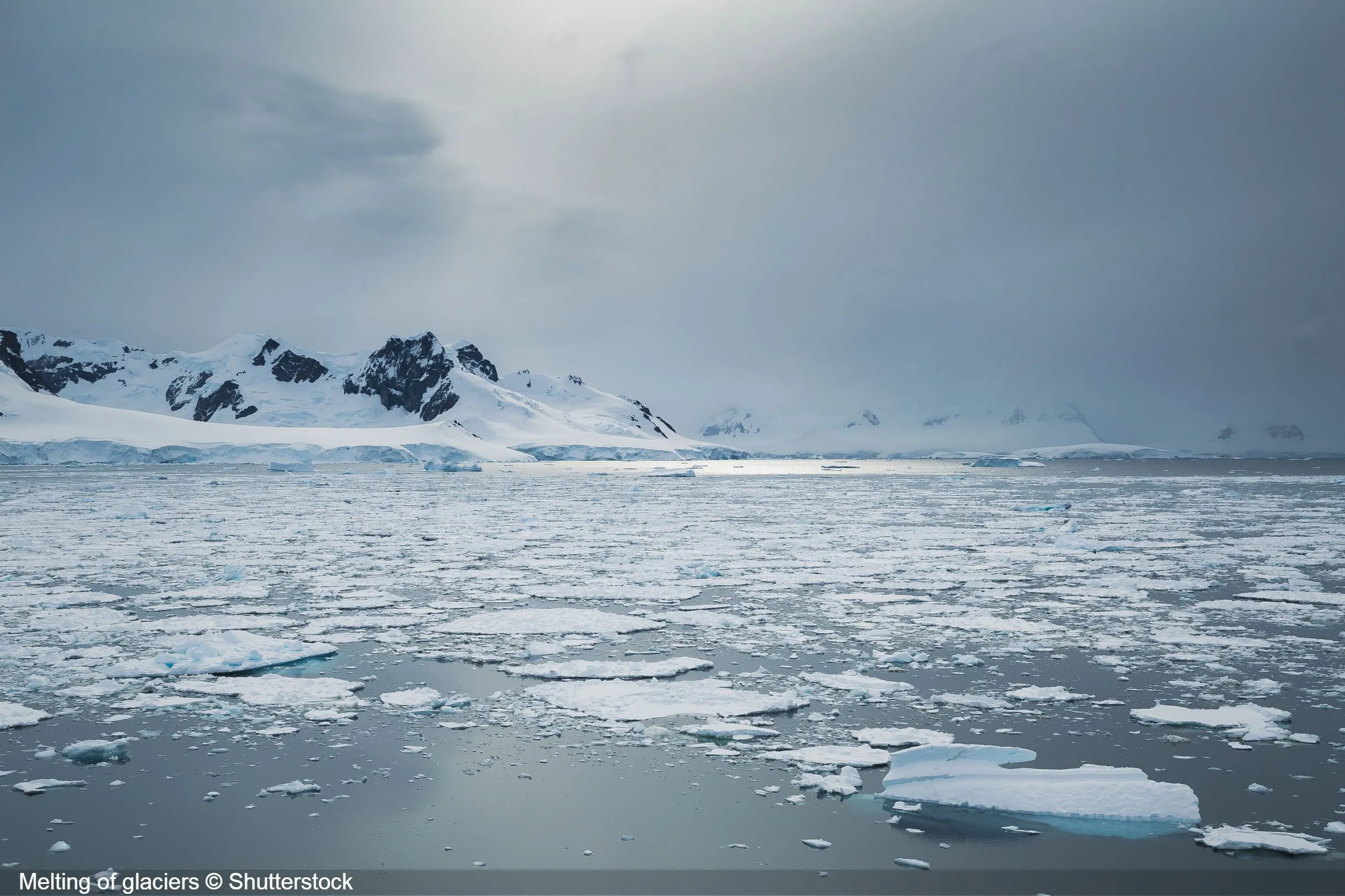Launch of Ocean Mapping Space Technology Backed by UK Space Agency

A government-backed satellite that will enable UK scientists to measure the increase in sea levels – one of the greatest threats posed to the planet as a result of climate change – was launched on a SpaceX rocket on Saturday 21st November from California.
Over the past twenty years, space has become imperative to the observation of the effects of climate change and the mission to it. Satellites are vital to gathering data concerning sea level change, demonstrating a 3mm rise in global sea levels every year since 1993.
Sea level increase puts coastal communities at immense risk; therefore, it is essential to provide researchers and scientists with the relevant data to understand the potential effects of climate change on international coastlines and how rapidly these effects are taking shape.
Funding from the UK Space Agency has enabled experts from renowned organisations within the UK’s climate and ocean community – such as the National Oceanography Centre and the Met Office – to stand at the forefront of data analysis in relation to the observation of sea level change on a global scale, and the ways in which the Earth’s oceans are changing as a result of climate change.
The ocean mapping satellite launched on board the SpaceX rocket is known as the Sentinel-6 satellite, which equates to the size of a small car with the purpose of orbiting around planet Earth from 830 miles away, collecting indispensable data concerning weather and ocean forecasts, to provide a more detailed understanding of the climate in the coming decade.
The Sentinel-6 satellite will be capable of delivering more precise, and finer spatial resolution images, as well as the ability to recover a higher quantity of data in both ice-covered and coastal regions. The satellites will additionally be able to predict storm surges and sea level rise more accurately, therefore reducing the potential risk of destruction as a result of unpredicted high levels of flooding.
As well as providing funding for the Sentinel-6 satellite, the UK Space Agency additionally supports the UK’s global leaders in Earth observation and climate change observation on both a national level and an international level, through programmes such as the European Space Agency.
In November last year, the UK Space Agency dedicated an investment amounting to over £200 million to Earth Observation at the European Space Agency.
The manufacture, production, and launch of the Sentinel-6 satellites is part of the European Copernicus Programme, which aims to revolutionise a global comprehension of the vital role
the ocean offers in ocean-atmospheric interactions and climate change, both of which have the potential to result in extreme weather events.
References:
1. GOV.UK (2020), Ocean mapping satellites to help UK scientists tackle climate change
2. National Oceanography Centre (2020), Ocean mapping satellite to help UK scientists



